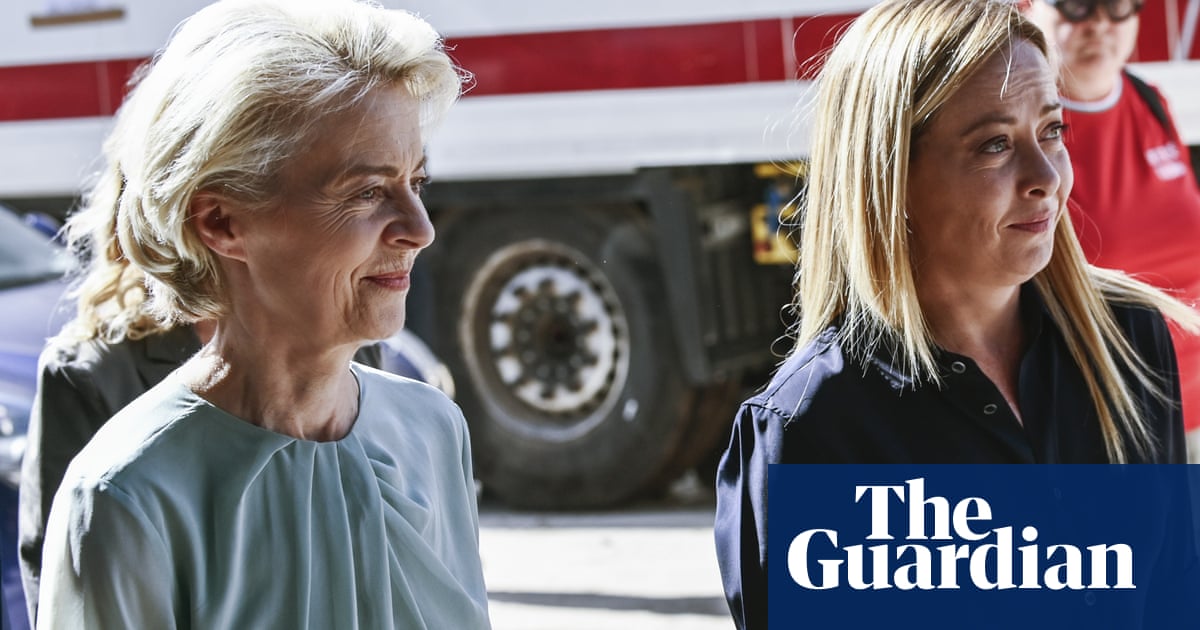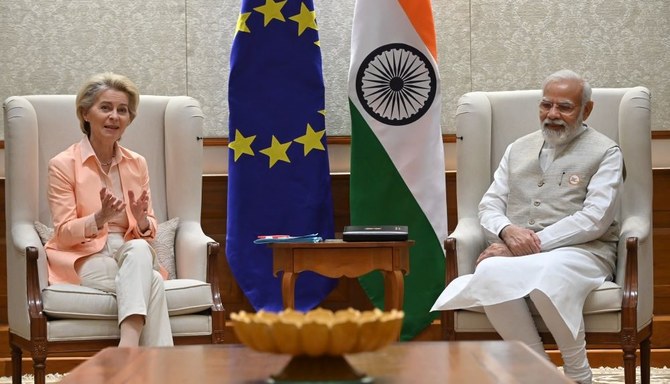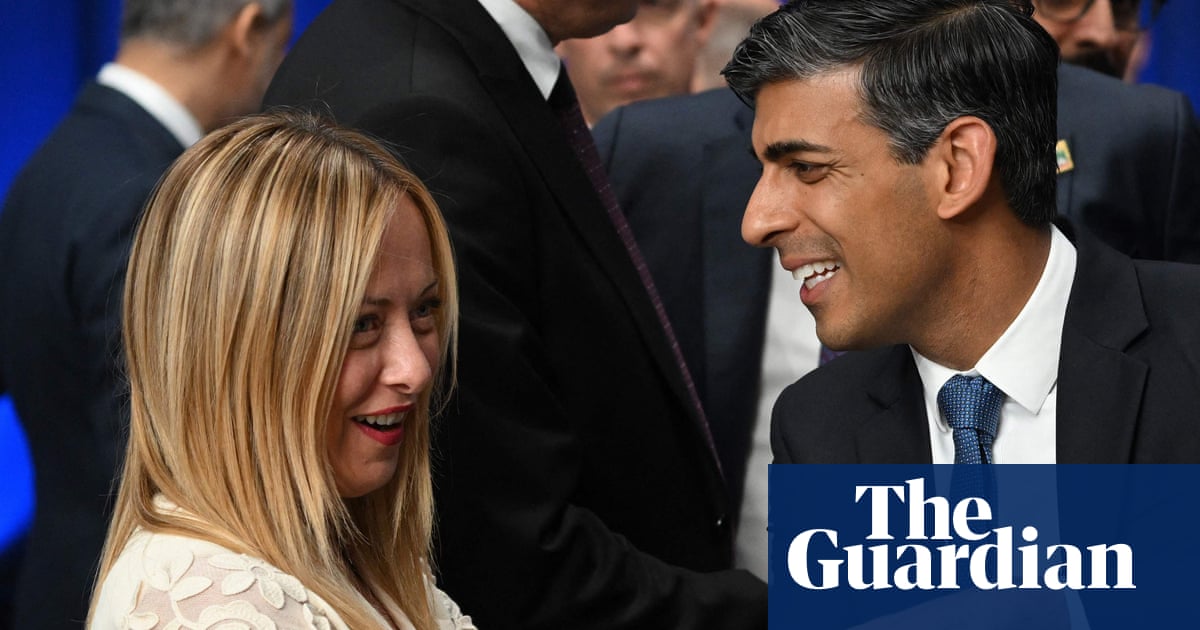
The Brothers of Italy today, along with the Sweden Democrats, National Rally in France, Freedom Party in Austria, Danish People’s Party, and Progress Party in Norway have all ascended the ladder of power on the back of an anti-immigration gathering call and a right-leaning populist mantra of wanting to do away with status quo political elites who are under the alleged control of global financial institutions.
Italy took a sharp turn to the right when the Brothers of Italy, a Eurosceptic populist party, came first in the general elections, putting their leader, Giorgia Meloni, the one-time Mussolini admirer, on course to be the first Italian woman to lead a government.
The Brothers of Italy hope to change the stagnant political landscape of Italy that has seen more than 70 governments take power since the end of the Second World War, at a time when the third-largest economy of the Eurozone faces huge challenges from soaring inflation, a looming energy crisis and the war in Ukraine.
The firebrand 45-year-old’s campaign motto “God, Country, and Family” has sparked fears of regression on rights issues in the Catholic-majority country. There is a danger that Meloni would work to put new obstacles in the way of women’s reproductive rights and roll back social reforms dating back to the 1970s.
Her lack of government experience could potentially put Italy at odds with EU policies as her two potential coalition parties, the moderate Forza Italia of 85-year-old Silvio Berlusconi and the hard-right League party headed by Matteo Salvini, are both friendly toward Russian President Vladimir Putin — and Salvini, like Meloni, is a Eurosceptic. Though Meloni and her party have promised to work with the EU, she has often insisted that Rome must assert its interests more and challenge Brussels on everything from public spending rules to mass migration.
Playing to the gallery during her election campaign, Meloni announced that she was ready to resort to blockading the Libyan coastline to deter traffickers and desperate migrants from making the short crossing to Italian shores. One is reminded of the UK’s ineffective effort to deploy border guards and the Royal Navy in hopes of stemming the flow of small boats loaded with migrants and asylum seekers from Iraq, Afghanistan, Syria and elsewhere, crossing to Britain from France.
The increasingly alarming trend of EU nations lurching toward the populist right is baffling, as the majority of them continue to provide the most socially considerate system of government that upholds democracy and freedom, respects human rights and allows for “laissez-faire” economies and personal enterprise under the narrowing umbrella of a universal social security system for citizens.
Many believe that there has been rising anger over the past two decades, justified or not, that is driving the support for the far right in Europe and beyond, built on the false belief that equality has become untenable since the financial crisis of 2008. The way this and successive crises have been handled by most national parties has led many voters to believe that traditional leadership was complicit with the financial market and its corporate greed.
What is especially worrying is that most populist parties have been seen to be cozy with dictators, and some are bent on presenting themselves as modern ones, like Viktor Orban of Hungary. France’s Marine Le Pen is not far off, and her political movement is supposed to have financial links with Russia. Voters can choose whomever they wish in democracies, but to elect a party whose tail is linked to fascism is worrying.
As with previous populists, one must wait and see what is in store for Italians under Meloni’s leadership and whether what she really believes in could provide answers to Italy’s social and economic woes. Added to these, of course, are the war in Ukraine, energy shortages, inflation and a looming recession.
Though Meloni and her party have promised to work with the EU, she has often insisted that Rome must assert its interests more.
Mohammed Chebaro
Meloni’s first test, if she succeeds in forming a coalition government, is how she will press ahead on the reforms agreed upon with Brussels and whether her coalition will want to renegotiate the EU’s post-pandemic recovery fund worth over $190 billion, arguing that the plan did not take in consideration the new energy crisis. It remains to be seen also to what extent the Brothers of Italy, now that they are in power, will stay true to their political ideology, which distrusts globalization and favors renationalization. They will have to appease not only their core supporters but the whole nation and their European neighbors who are, until further notice, still liberal democracies that are capitalist-leaning and have for decades championed globalization, a level playing field and respect for the rule of law and the state system that emerged from the ashes of the Second World war.
Europe is once again on the edge, and Meloni’s success is a reminder that the populist far right is still around and a force to be reckoned with in most European nations. The current global economic downturn, recession, inflation and increased migration provide the best environment for the rise of small marginal parties such as the Brothers of Italy, though they might not necessarily find it easy to deliver on their promises once in the executive seat.
Mohamed Chebaro is a British-Lebanese journalist, media consultant and trainer with more than 25 years of experience covering war, terrorism, defense, current affairs and diplomacy.












